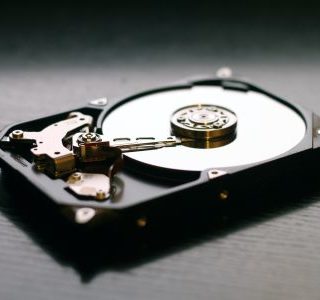Disable Windows XP Disk Compression
With disk sizes increasing and prices coming down, hard disk space is becoming less and less an issue. Using compression to get more storage capacity on the same physical disk space is not required anymore. A second reason to disable compression in Windows is that it affects your PC’s performance.


Thank you. It works.
@Fritz Liessling - Thank you for your feedback. I understand that you are looking for other resolutions, but within Windows…
Although the answer to this question is correct, it is really a cop-out answer. It's easy enough to find answers…
To the pcauthorities.com administrator, You always provide useful links and resources.
???? ?? ??? The Last of us